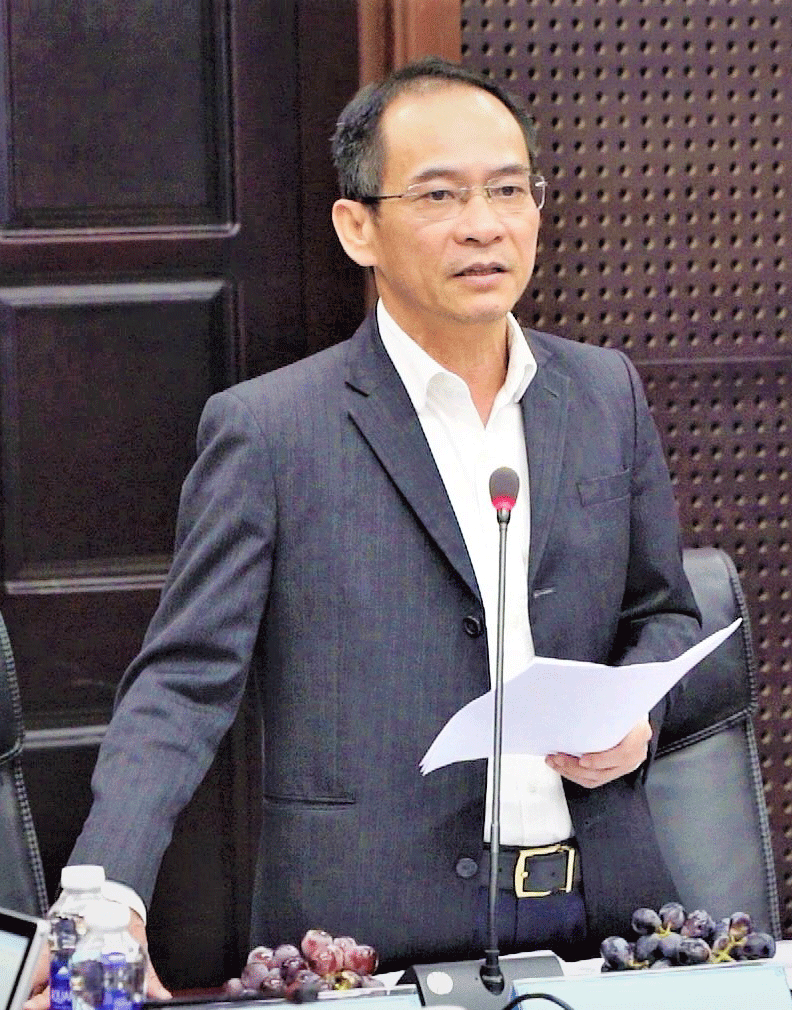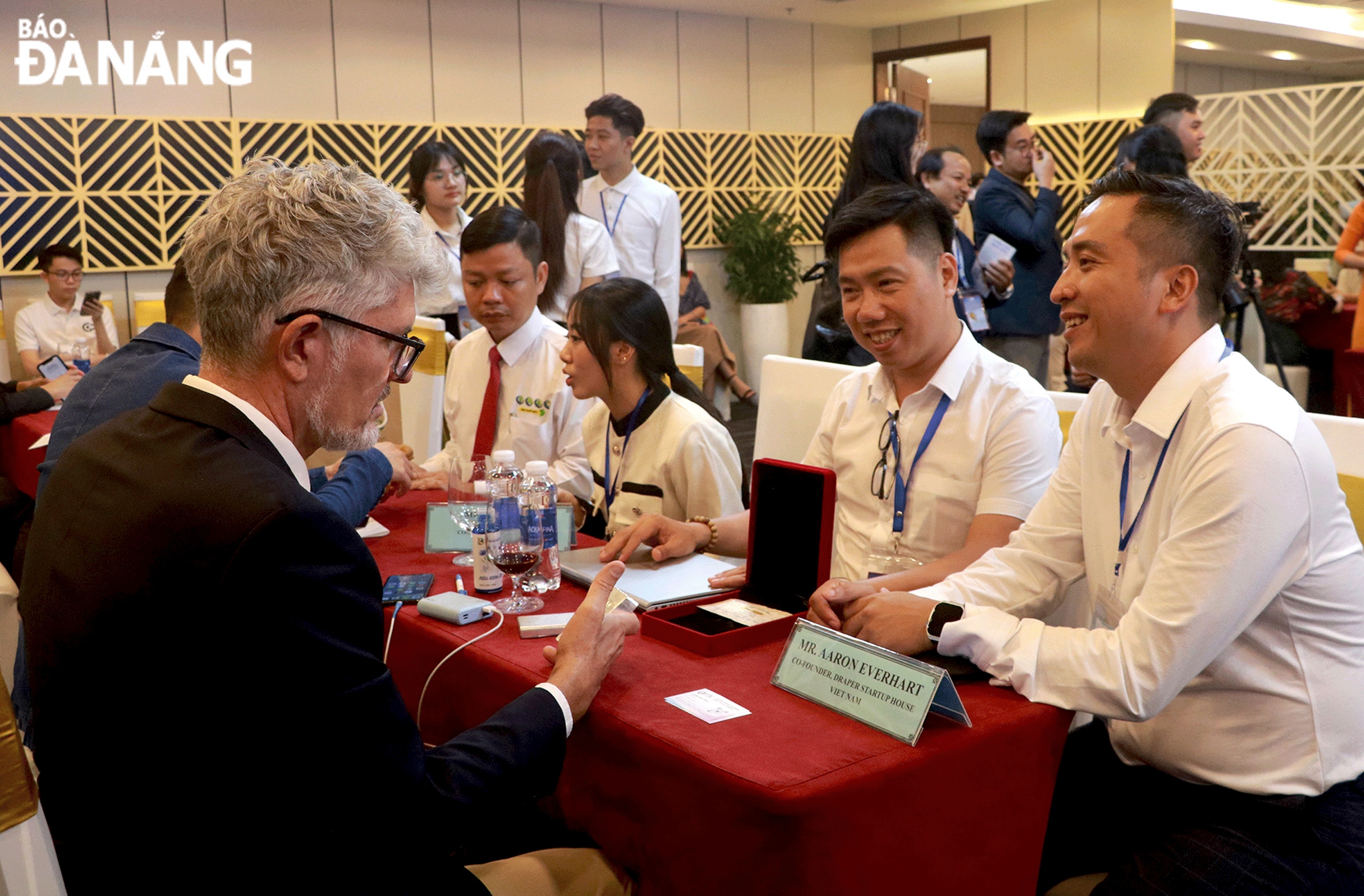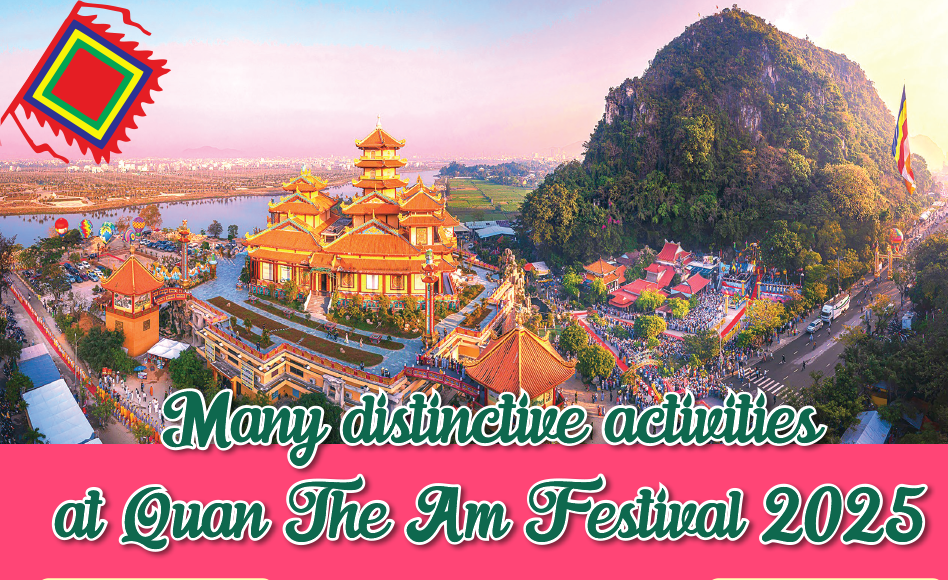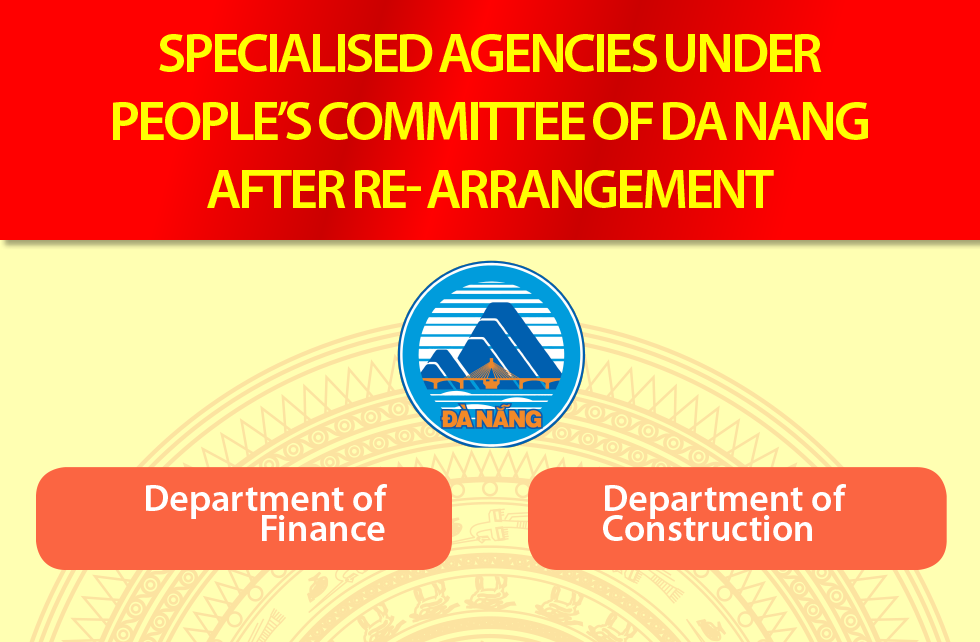Realising Viet Nam's aspiration to become 'Silicon Valley'
In the group of specific policies for the Da Nang development is being discussed and considered by the National Assembly (NA) to promulgate a resolution, many policies in the fields of science and technology, information technology (IT) is expected to create a breakthrough in the city’s socio-economic development strategy, realising the aspiration of becoming a silicon valley of Viet Nam and the region. Da Nang Newspaper reporter had an interview with Ph.D Le Duc Vien, the Director of the Da Nang Department of Science and Technology about this issue.
 |
| Ph.D. Le Duc Vien, the Director of the Da Nang Department of Science and Technology |
* How do you see the necessity and importance of developing a NA resolution on urban government organisation and piloting a number of specific mechanisms and policies to develop Da Nang?
- Da Nang is a city with an important geographical location, favourable natural, economic, social conditions, developed infrastructure and abundant, high-quality human resources. This is the basis for the city to develop into one of the major socio-economic centers of Viet Nam and Southeast Asia at large.
To realise this, Da Nang urgently needs specific, outstanding, and groundbreaking policy mechanisms to create motivation for the region. Therefore, developing a NA resolution on urban government organisation and piloting a number of specific mechanisms and policies to develop Da Nang is extremely necessary and extremely important in the current context, in addition to overcoming difficulties and inadequacies, resolving bottlenecks in socio-economic development and maximizing potentials, strengths and effectively exploiting resources.
From there, Da Nang will head towards becoming a large, ecological and smart urban area, a start-up and innovation centre and a livable coastal city at the Asian level, and at the same time, creating a strong driving force for socio-economic development in the Central Viet Nam- Central Highlands regions and the whole country.
* In the group of specific city development policies, there are many policies related to S&T and information technology. In your opinion, what impact will these policies have on Da Nang when proposed for the pilot implementation?
- There is a group of policies to exempt corporate income tax and personal income tax for income from startup activities, support for innovative startups, transfer of shares, capital contributions, and the right to contribute capital to businesses creative startups; income tax exemption for wages and salaries of experts, scientists and policies on semiconductor chip development and artificial intelligence.
These are policies to create a favourable environment, increase international competitiveness, encourage innovative startups, promote the development of creative startups in the city and attract businesses, creative startups, technology businesses, experts, scientists, investment funds and startup support organisations to Da Nang.
The group of policies that support the development of creative startup projects focus on supporting the costs of hiring experts, direct labour wages, using support services and facilities. Technical facilities, incubation facilities, common working areas, incubation costs, research and development, technology improvement, trial production of innovative startup products are important policies to support the development of creative startups.
The formation and development of creative startups starts from developing projects/startups with technology platforms, intellectual property and new business models contain many risks and require a lot of support for survival and development.
In the first 5 years of establishment, startups face many challenges due to high market competition, lack of human and financial resources as well as business management experience, ability to reach customers, and expand their consumption market, leading to difficulties in maintaining operations and development. We hope that the city's supportive policy will serve as a boost for businesses to overcome the initial difficult period and create development momentum for the next stage.
 |
| Many connecting activities between elements in the innovative and international startup ecosystem are organized by the Da Nang Department of Science and Technology. Representatives of startups join 1:1 connections with investment funds at the DAVAS 2024 event at the end of May 2024. Photo: VAN HOANG |
There is a policy group which allows controlled experimentation in the form of limited-term licensing for innovative new technologies, products, services, and business models within a certain range to encourage innovation activities, evaluate and perfect them before putting them into application. This is a new policy, an inevitable trend consistent with the policy determined by the Party in Conclusion No. 14-KL/TW of the Politburo to encourage creative thinking, breakthrough ways, and solutions to resolve bottlenecks, problems that are not consistent with practice, thereby bringing value and efficiency to contribute to the common development.
Because it is a new policy and has not been tested in practice, it may contain many risks. However, with the spirit of daring to think, daring to do, daring to take responsibility, Da Nang persistently proposes the implementation to promote innovation, create favourable conditions and environment for the evaluation and improvement of technologies in real conditions.
Finally, there is the policy of exploiting S&T infrastructure assets to serve innovative startups. Da Nang has infrastructure assets such as the Innovation Space at Software Park No. 2 and plans to invest in the Workspace and Startup Training project as well as other existing equipment and space at the Centre for Supporting Innovative Startups, the Centre for Biotechnology and the Centre for High-Tech General Services.
Therefore, the city has proposed contents in the draft resolution regulating policy mechanisms to support creative startup organisations and individuals in using innovation spaces, facilities and equipment for research and development. This is a necessary mechanism to help young creative startups/projects have space to work, develop projects, perfect technologies as well as have the opportunity to connect experts and financial resources for business development.
What are your views on the group of new proposed policies according to the city's reality, especially those related to supporting innovation and startup activities and investment, management, and exploitation of S&T infrastructure assets to serve creative startups?
- Regarding policies on science, technology and innovation, there are two important groups of policies that directly support projects/startups, namely policies related to supporting innovation and startup activities, and those related to investment, management, exploitation and handling of S&T infrastructure assets serving creative startups.
These policies will create an operating mechanism, helping to effectively exploit the Innovation Space at Software Park No. 2 and expected investment in the Startup Training and Working Area as well as existing facilities at the centres for Innovative Startup Support, Biotechnology, and Hi-tech General Services to serve creative startup activities.
At the same time, along with policies to support the development of innovative startup projects, an important resource will be created to promote the development of businesses and startups, creating new, fast and sustainable growth engines for the economy through the development of new business model capable of rapid growth based on fully tapping technology, intellectual property and new business models.
Reporting by VAN HOANG - Translating A.THU, T.TUNG








